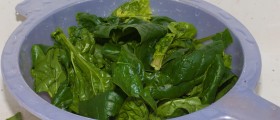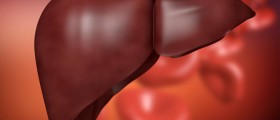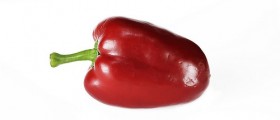
Too Much of Anything Is Not a Good Thing
Even though potassium is one of the minerals vital for the correct functioning of our organism, when present in more than wanted quantities, it can cause numerous health problems. Namely, potassium is normally highly beneficial for our muscle structure and tissues, our metabolism in general as well as our heart's proper functioning. However, once there is too much of this element in our system there is a great danger of our kidneys failing or our development of nausea or similar symptoms. Therefore, one should be careful while intaking food rich in potassium in order to benefit from it, rather than get hurt.
Symptoms of Too Much Potassium
First and foremost, there is nausea and the feeling of being close to vomiting. This symptom is the most common indicator of too much potassium in blood and organism in general. Right after it, as mentioned above, there are numerous kidney problems. Moreover, whenever a patient comes to seek medical attention complaining about these issues, the doctor will most probably firstly check his or her potassium levels.
Additionally, muscle weakness and some heart problems may also be directly caused by excess of this mineral in the organism. Most usually, however, this condition develops through eating too much potassium-rich food, or taking it as a supplement excessively. Unless potassium levels are lowered, this condition may very likely lead to a heart attack.
Types of Food Rich in Potassium
Numerous fruits, vegetables and plants in general have high levels of potassium in them. Therefore, one should be very careful not to eat them in large quantities so as to preserve its health and well-being.
Different beans, nuts, raisins as well as almonds do have high amounts of this mineral and should thus be eaten in moderation. Additionally, peas, carrot, prune, orange and tomato juices, along with melons, squashes, bananas, and apricots add on to the list of foods high in potassium. With dates and figs, there are also numerous other edible things in nature rich in this mineral. Getting informed is crucial, as well as eating carefully and moderately.
How is this Condition Treated?
After being diagnosed, doctors may use either sodium bicarbonate, beta agonists or insulin in order to treat one suffering from high levels of potassium in his or her organism. Additionally, diet may be changed drastically, in order to limit the intake of this mineral and therefore recover from any damage excessive levels of potassium had done.

















Your thoughts on this
Loading...